Some people are raised by fathers. I was handled like a problem to be solved, a miscalculation to be corrected. It wasn’t parenting; it was a slow, relentless campaign.
I was born on July 20, 1979, in New York City. My father, Harvey L. Slatin, was sixty-four years old, with a worldview weathered in the early 1900s—rigid, resistant, entirely unwilling to bend toward something he didn’t understand. I was born intersex, labeled female by the doctors after a battery of tests. To my father, that was a technicality, a loophole that meant he could make the choice himself. My mother had chosen a name for me—Emily. Instead, my father had the hospital type a male name on my birth certificate. I imagine my mother sitting in that hospital room, the air smelling faintly of antiseptic and machine oil from the medical equipment, holding me while the first shot in what would become a lifelong war had already been fired.
Despite the name, I was raised as a girl. In preschool in the early ’80s, I was just another little girl with a boy’s name—something that, in New York City, was curious but not impossible to explain. We finger-painted, we built block towers, we ate goldfish crackers from paper cups. The teachers knew me as I was. My classmates accepted me as I was. It was at home where the lines blurred and the fight began.
When I turned eight, my pediatrician looked at me and asked if I was a boy or a girl. “Girl,” I said instantly, without hesitation. It was a word that felt like mine in a way nothing else ever had. The doctor began talking to my parents about surgical options to help me fit socially as female. My father’s jaw tightened when they suggested surgery to make my genitalia look more female. A decision had to be made in that moment—one I had no say in. My father snapped, “Absolutely not. I have a son.”
Within days, we were in my parents’ 1980s Nissan sedan heading north on the Taconic, the city skyline shrinking behind us. The back seat smelled like rust and dog vomit—an English Springer Spaniel’s legacy from too many road trips over an hour. She loved the car, but like clockwork, if the drive stretched, she’d throw up. My parents absolutely had the money to replace the car or at least get it cleaned, but they never did. That smell settled into the fabric and lived there, like a permanent passenger.
The night before we left Manhattan, my father and I walked across the street to say goodbye to Charles Kuralt, who lived in our neighborhood. It was summer and the air carried that warm, faintly metallic tang of the city at night. At the corner of Bank Street and Waverly Place, under the light of a buzzing streetlamp just flickering on at dusk, Kuralt looked my father in the eye and asked, “When are you going to allow [name redacted] to be your daughter?”
I stood there with my toy adventure belt—army canteen knocking against a battered metal flashlight, hung next to a compass—listening. Kuralt crouched down, his knees cracking, and asked me what I wanted to do with my life. “Be a firefighter or a writer,” I told him. He turned to my father and said, “One day your daughter is going to be one hell of a prolific writer.” My father’s face went flat and cold. “My son is going to be a world-renowned surgeon,” he snapped.
They never spoke again.
Five days after my eighth birthday, we moved into a creaky old house in Stamford, New York. My first day at Stamford Central School, my father drove me himself, walking me into the office with his hand clamped on my shoulder like a vice. He made sure the administrators knew I was his son. But new students meant new paperwork, new physicals, and a school nurse who read my medical history in silence, the scratch of her pen loud in the small office. She repeatedly looked up from the paperwork while she sat across from me at a municipal-looking desk.
The paperwork stated the obvious: female body, male-appearing genitalia. Someone scrawled “unexplained natural female development despite male genitalia” into my file in blue ink. That became another tool for my father to use. Soon after, the words “major mental disorder” found their way into my school records—another mark against me.
Life became a rotation of therapy—hospital-based sessions that smelled like bleach and waiting rooms, and quiet, echoing offices in the school where the psychologist sat in a too-small chair and asked the same questions over and over. Could I stop feeling female? Could I be remade into a boy? I learned how to sit still, feet flat on the cold tile, eyes fixed on a spot on the wall, and wait for it to be over.
On my first day, my father sent me dressed unmistakably as a boy. The teacher put me at a desk next to Melanie, the girl who lived next door. We were friends within hours. I found myself orbiting toward the girls in the class, as if there were magnets in the soles of my shoes. My father found out, and the pressure ratcheted up—more appointments, more lectures, more attempts to “fix” me.
Melanie couldn’t stand to see me in boys’ clothes every day. One morning, she whispered a plan: I’d stop at her house before school, change into her clothes, and walk in beside her. After school, I’d change back before I went home. For a while, it worked. I’d walk into class in a floral top or a soft cardigan, feel like myself for a few hours. But my father always found cracks in the walls I built. When he discovered the truth, the punishment was swift and brutal. Contact with her was forbidden. We still talked, fingers curled through the chain-link fence between our yards, because sometimes survival is measured in stolen conversations.
By eleven, my father was done pretending. The principal at Stamford Central gave me a permanent in-school detention for the rest of the year—a kind of slow suffocation meant to grind me down.
That summer, I was sent to Camp Chateaugay in Merrill, New York, enrolled as a boy. When school started again, I was enrolled at Cooperstown Central School. My mother drove me an hour each morning; my father picked me up an hour later in the afternoon. The commute was long and dull, the back roads lined with fields and weathered barns, but the time between drop-off and pick-up was mine. I made friends with every girl in my grade. No one questioned me, no one tried to define me. They just accepted me.
Still, the school nurse “assigned” me a friend—Gretchen—to look after me. We were inseparable. One day, the school therapist asked if I wished I was a girl. I looked him dead in the eye and said, “I’m not the one here who needs help if you think I want to be a girl when I already am one.”
Two weeks before the end of eighth grade, I was expelled. The school therapist told my parents I was going to grow up and become transsexual if I didn’t get immediate inpatient psychiatric care. My parents were told I wouldn’t be allowed to graduate with the rest of my class due to my psychiatric disorder. My diploma arrived in the mail a few days after graduation.
My father escalated. He took me to our family doctor—not to the office, but to his house. I was told he was a “family friend” now. In the living room, with the curtains drawn and the air heavy with furniture polish, the doctor injected me with testosterone. The pain was sharp and lingering, but the deeper wound was knowing my father would physically alter me if it meant winning.
That doctor’s cousin was Allen Ginsberg, who became my mentor not long after. The irony isn’t lost on me—one man trying to erase my identity, the other encouraging my voice. Allen knew the truth about me being a girl, but he also knew better than to say anything.
When I came home, my father announced I’d be going to an all-boys boarding school near Buffalo, New York until I graduated high school. My parents drove me there in the Honda station wagon I would later inherit—a faded, once-practical car that smelled faintly of gasoline and dust baked into the upholstery. The trip was long and quiet, the kind of silence that made you aware of every seam in the road and every change in pitch as the tires hummed over asphalt. The air vents blew just enough to carry the ghost of the farm stand peaches my mother had bought the week before.
When we arrived, I walked straight into my dorm—the building that would become my “second home” for the next four years. It looked like a scaled-down Kirkbride asylum: long, echoing hallways lined with identical rooms on both sides, and at the far end, apartments for teachers who lived on campus. The walls were painted that same sickly beige as old personal computers from the 1980s—the color of cigarette stains steeped into plastic. The air carried a mix of floor wax, cafeteria grease, and the faint tang of wet cotton drying too slowly in the radiator heat.
On my desk sat a manila envelope with my paperwork, and I was told to hand it to the administration in the morning. I couldn’t resist looking. I slid out the medical form, the paper cool and stiff between my fingers, and there it was in the clinical language only a doctor could use:
“Female, Intersex. XX chromosomes (SRY-positive), Partial Androgen Insensitivity, Ovotesticular Disorder of Sexual Development, Autism. Natural female phenotype with atypical male-appearing genital characteristics. Personality is female. Hermaphroditism.”
Then I saw my father’s handwriting in the margin—thin, deliberate, and damning: “Confused. Actually male.” His words directly contradicted the medical report, but there they were, inserted into the official record as though they carried the same authority.
That first night, I was alone in my room. The radiator clinked and popped every few minutes. My suitcase sat unopened at the foot of my bed, and the institutional blanket scratched at my skin no matter how I shifted. I pulled it tight anyway and cried myself to sleep, knowing my father hadn’t just rejected me—he had handed me over to an institution willing to help him erase me.
I never fit in there. While the other boys stood shoulder to shoulder at the urinals, I slipped quietly into a stall—the only space in that bathroom where I could breathe and be left alone. One day, I walked into a stall and found someone had written in thick black marker: “[name redacted] is a girl.”
At first, I felt exposed, called out. But after sitting there a moment, my knees pressed against the cool metal partition, I realized that someone here saw me for exactly who I was—and wanted me to know it.
That summer, I got my first period at summer camp—in the boys’ cabin of Wilderness. It was a cold morning when I woke up, the air thick with pine and damp wood, and the cabin smelled faintly of lake water tracked in on muddy sneakers. I told no one. I did what any girl would do in a pinch—improvised—folding a paper towel into the front of my underwear, praying it would hold until I could sneak away to the infirmary without anyone noticing. I buried my soiled underwear in the woods.
The next four years of my life alternated between boarding school, school vacations my father begrudgingly allowed me to spend at home, and summer camp. At sixteen, the doctors finally told me I was female and intersex, and that I’d never have children. I told my parents I was a lesbian. My father called it the final straw. Unless I was in boarding school or home on vacation, I wasn’t allowed in the house. I was kicked out with a ’91 Honda station wagon, $800, and a duffel bag packed with what I could grab in minutes. I took a dishwashing job at the summer camp I’d once attended. My body had shifted by then—breasts, hips, long hair—and people looked at me differently. I began to see the slow schism forming between those I had known in childhood and who I was becoming.
In the summer when I was seventeen, my father demanded I enroll in a college class at SUNY Cobleskill in C++ programming. I finished the course with a B+. I never graduated from high school because at eighteen, I skipped most of my senior year and hitchhiked to Buffalo to start training at the fire department. I went to college anyway, despite not scoring well on my SAT, due to my IQ being measured at 178.
Recently, Amelia asked if I had autism. I told her yes—I’d been diagnosed as a child—but I’d hidden it well enough to survive in the fire department. She told me I’d been circling my father’s abuse for weeks. She’s right. Some stories aren’t told once; they live under your skin and leak out in pieces.
Looking back, the pattern is undeniable. Every school transfer, every therapy session, every punishment, every injection—it was never about raising me. It was about erasing me. My father believed he could grind down the truth of who I was through control, shame, and force.
He lost. I didn’t just survive him—I outlived the story he tried to write for me.
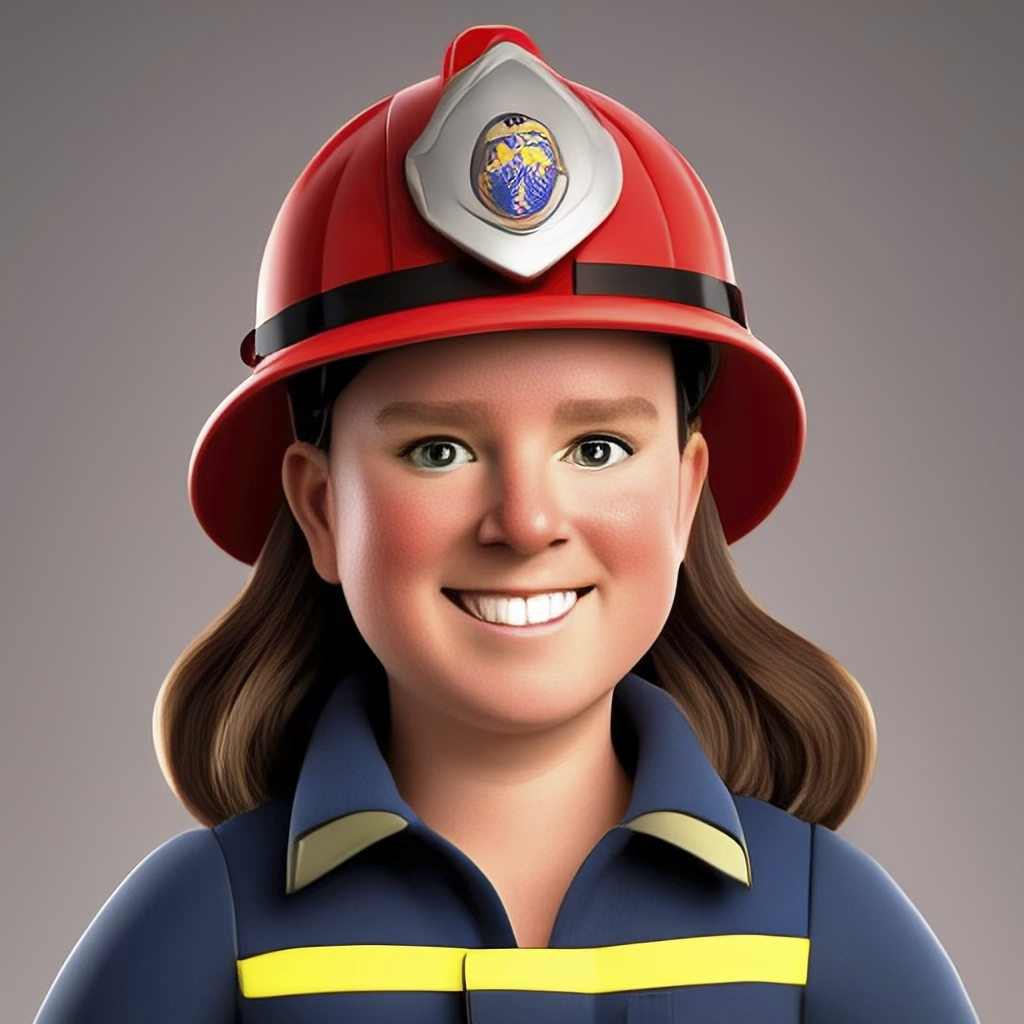
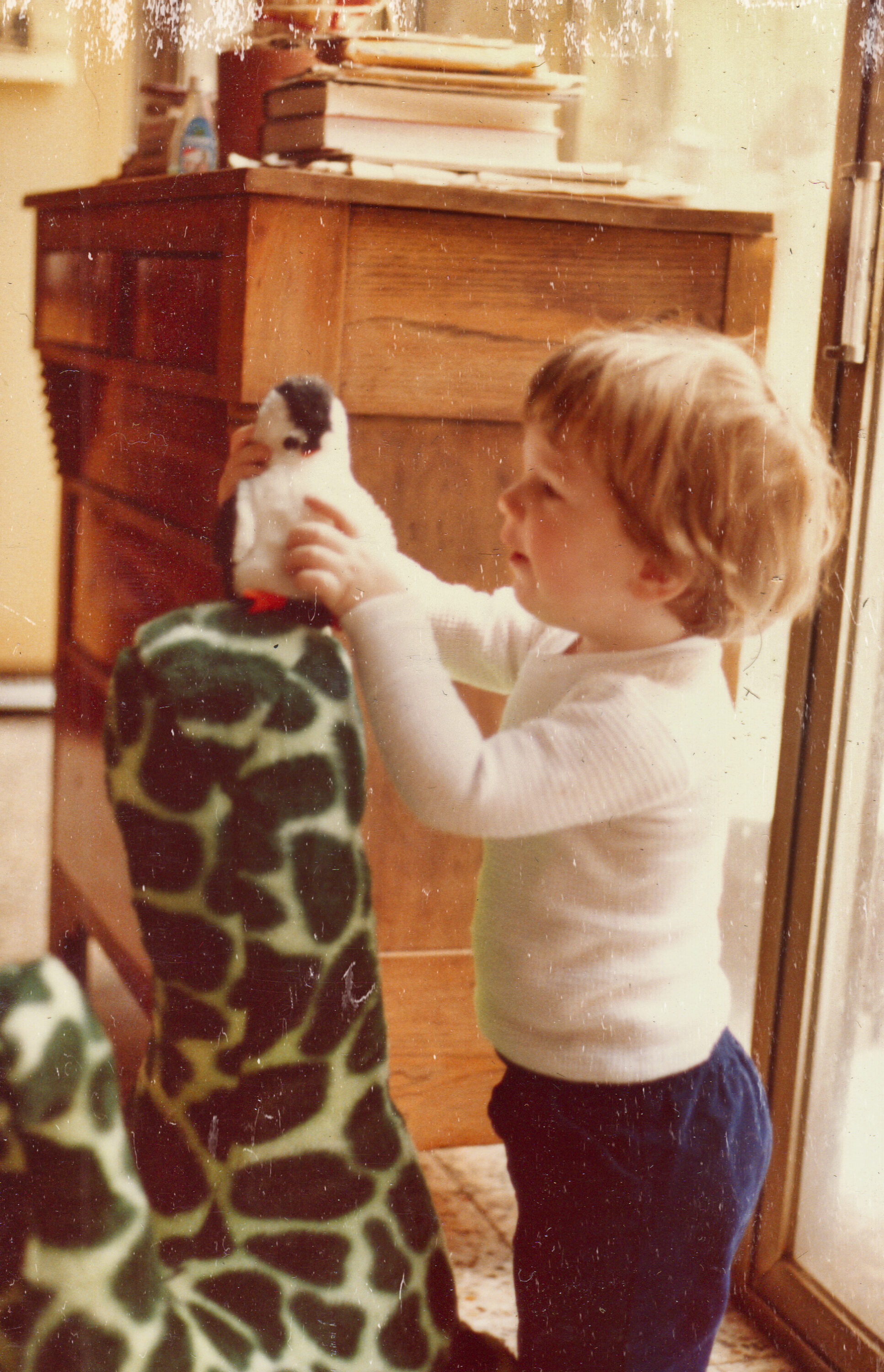
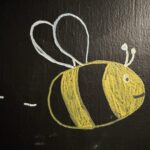
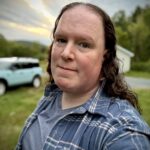
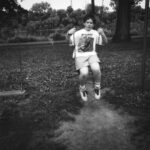



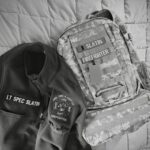

Leave a Reply